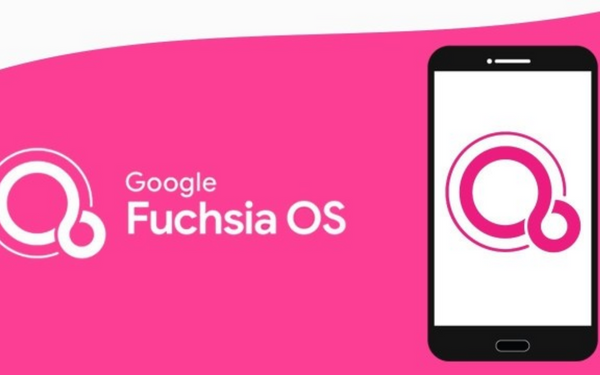As in, what is Google’s end goal with Fuchsia? The solution hasn’t been more obvious in the seven years since Google announced its new operating system. Though long-standing products like Android and Chrome OS are safe for the time being, the project may be in jeopardy following a recent wave of Google layoffs. The latest staff decrease has been especially detrimental to the internal project, making its continuation more uncertain than ever.
The New York Times claims that 80 of the Fuchsia team’s 400 employees would be let go. That’s a significant reduction for any industry, but it hits Fuchsia particularly hard. Development staff have taken a far larger hit than the business average of 6%, as pointed out by Ars Technica. Fuchsia may lose what little momentum it has had now that scores of staff have either left or are leaving.
It’s possible that not even the employees at Google fully understand what Fuschia OS is. As a name, Fuschia might refer to virtually anything. It’s a free and publicly available OS like Chrome or Android, but unlike those two, it uses a completely original kernel and not an already existing codebase like Linux or Unix. In its current form, it might refer to any mobile device, including smartphones, tablets, and computers. Some have speculated that the OS is a unified next-generation OS designed to unite Google’s consumer-focused services because it is more than capable of running contemporary applications and browsers. Nonetheless, if Fuchsia is indeed Google’s planned software of the future, the corporation appears to be in no hurry to implement it.
Though there are versions of Fuchsia available on Google’s own Pixel-branded Chromebooks (which are becoming increasingly hard to come by), the only officially launched device to run Fuchsia is the Google Nest Hub smart home line. In terms of features and improvements visible to end users, the Fuchsia update only re-released the prior firmware, which was otherwise indistinguishable from the Chromecast.
For Fuchsia, what does the future hold? The current outlook is not encouraging. Whether or not it was intentional, Google has developed a reputation for initiating and then quickly dropping many endeavours. Now that Android and Chrome are succeeding (albeit not quite as well as they were a few years ago), Fuchsia may appear like an easy target for cost-cutting measures. Despite laying off a substantial portion of the development staff, this has not yet occurred.

Subtly charming pop culture geek. Amateur analyst. Freelance tv buff. Coffee lover
